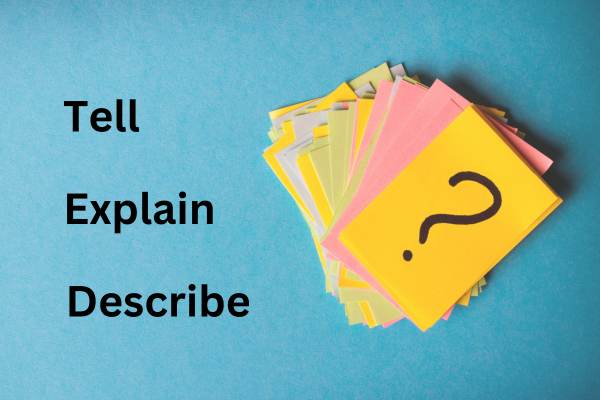Exploring the Impact of TED Questions in Coaching

One of the more popular older posts in the coaching category is one around TED questions.
What are TED Questions?
For those who aren’t familiar, TED questions are more of an instruction than a question. They are excellent for being vague enough so that the client volunteers information they feel is important, which may not be captured with a single open-ended question.
The reason they are called TED questions is that they start with:
- Tell me
- Explain
- Describe
It’s important to note that placing a TED question in front of an open-ended question can negate its impact, as the client will simply answer the open-ended question. For example:
- “Tell me more” vs. “Tell me more about who would need to be involved.”
The impact of TED Questions
For a long time, I’ve favoured the “Tell” aspect of the TED questions. “Tell me more” is a phrase I frequently use. It often opens up a conversation, serving as a gentle invitation to delve deeper and explore more around a topic.
Recently, I’ve started to pay more attention to the “Explain” and “Describe” aspects. These weren’t phrases I naturally used, so I hadn’t considered their power and impact for a long time.
It was an exercise during a recent Michael Neill training that brought them back to my attention. Consider the impact of the instruction to explain something versus the instruction to describe it.
At first glance, they may seem similar, especially when explaining and describing something that physically exists. However, think about what happens when you are explaining or describing intangible aspects—things like confidence, happiness, safety, wisdom, etc.
Try it for yourself and notice the difference, especially if you allow yourself to be less focused on being eloquent and more on what occurs to you to say, especially in a new way that you’ve not used before. Give yourself the space to let the words come, rather than dismissing the experiment after a few seconds.
For me, describing something that’s invisible, some may say formless, leads me to feeling more connected to that aspect. Explaining it, on the other hand, often results in more fluent sentences, but they don’t have the same impact.
Before you assume I’m suggesting one type of question is better than another, let me be clear: that’s not what I’m saying. Each type has a different impact. Being aware of these differences, I think, can be very useful during a coaching conversation. I wonder if you could see how these could be used in your natural coaching style and approach?
About Jen Waller

Jen Waller is a transformative coach dedicated to empowering individuals to get out of their own way and make a meaningful impact in the world. With an impactful, nurturing coaching style, Jen supports clients in unlocking their potential and achieving their goals. As an experienced coach and trainer, she guides clients from self-doubt to success.
Discover how Jen can support you to get out of your own way here.